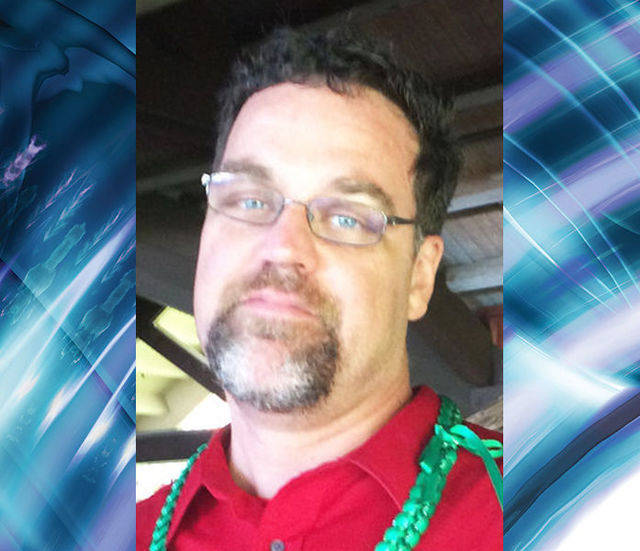HONOLULU — By the end of 2035, all light-duty vehicles in the State’s fleets must be zero-emissions vehicles, according to a bill passed this year by the state Legislature.
State Rep. Nicole Lowen, chair of the Committee on Energy and Environmental Protection, wrote Bill 552 in order to help meet the state’s goals to decarbonize its economy. She represents the Westside of Hawai‘i Island.
“We must look beyond just our electric utilities and start focusing on the transportation sector,” Lowen said. “The benefits of this bill include reducing emissions that cause climate change, saving money for the state, reducing reliance on imports, and reducing local air pollution. I also believe that the state leading by example is an important part of getting the private sector to embrace this transition.”
“I’m pleased that we passed HB552, that sets the goal of converting our state vehicle fleet to electric vehicles by 2035,” said state Rep. Nadine Nakamura, who represents portions of east Kaua‘i and the North Shore. “As we all know, ground transportation is a major contributor to greenhouse gases. Our state government has to lead the fight against climate change, and this is one strategy to help us get there.”
State Rep. Dee Morikawa, whose district includes Ni‘ihau, the Westside and portions of the South Shore, said it is a very ambitious move to clean ground transportation.
“But I’m concerned about the infrastructure that will be needed for charging those vehicles. And there will be a significant cost for that infrastructure,” Morikawa said.
Although the bill applies to state agencies only, Lowen said all county mayors have publicly stated their commitments to these same goals for county fleets.
“We have been building our experience with battery electric vehicles since 2011,” Mayor Derek Kawakami said. “It has become even clearer in the past year that more and more of the global auto industry is investing in electric-vehicle technology and fuel efficiency. Taking into consideration that KIUC has made great strides in bringing more renewable, clean electricity into their portfolio makes attaining these goals even more achievable.”
County Energy/Sustainability Coordinator Ben Sullivan said the county recently completed installation of nine EV charging stations on the ‘Eiwa Street side of the Lihu‘e Civic Center. This installation removes another key barrier to fleet conversion to battery electric vehicles.
According to Sullivan, the county looks carefully at fleet purchases to determine what vehicles can be converted to battery electric vehicles (BEVs) or plug-in hybrid electric vehicles (PHEVs).
“The last time we bought new light-duty vehicles, we purchased a number of four-wheel-drive Subaru Crosstrek PHEVs,” Sullivan said. “An effort underway now involves federal grant applications to fund an electric-bus pilot with the Transportation Agency, which, if awarded, would enable the county to put as many as four electric buses onto our fixed-route service with The Kauai Bus.”
Lowen said the transition to a light-duty vehicle fleet will save the state around 75% in maintenance costs over the lifetime of a vehicle, and hundreds of dollars per year.
Currently, the state has 3,225 light-duty vehicles, including 270 light-duty vehicles and 76 light-duty vehicles that are passenger cars on Kaua‘i.
Light-duty vehicles weigh less than 8,500 pounds.
The state has 1,300 medium-duty vehicles that weigh 8,500 to 10,000 pounds, and 78 heavy-duty vehicles that weigh 10,001 pounds or more. There are also 66 special-purpose vehicles that are unspecified.
“Keep in mind that some of these vehicles already are EVs or hybrids,” Lowen said. “So, the low-hanging fruit is the passenger cars that are older and are ICEs (internal combustion engines). Those would be the first to be replaced with EVs,” she said.
The way that HB552 is written, any new vehicle acquisitions made by the state have to be zero-emissions and approved by the comptroller. That begins Jan. 1, 2022 for passenger cars and as soon as practicable, but no later than 2030, for other light-duty vehicles.
•••
Stephanie Shinno, education and business reporter, can be reached at 245-0424 or sshinno@thegardenisland.com.









Very ambitious plan. Hawaii better be beefing up the Power Grid to be able to fuel all these electric vehicles. When you drive through a golf course or underground parking of the major hotels and see hundreds of rental car stuffed into these garages you can’t help but wonder how many billions of $$ it is going to cost to install charging stations in every stall. Who is going to pay for this expense? When I run out of Gas I can call a friend or AAA to bring me a gallon can of gasoline and I’m on my way. What do we do when we run out of electricity?
Same thing. You call a friend or AAA to bring you a gallon of electricity, and you’re on your way
So what’s going to happen in the winter months when our solar power generation is at its least efficiency due to cloud cover and we add 5,000 solar powered vehicles to the electric grid? My guess is the price per kilowatt hour is going to go up, probably 50 cents per kilowatt hour to discourage electrical use. Perhaps we should consider adding two small nuclear generators using the latest design which are completely safe and compact. They are the size of a school bus and run on spent nuclear fuel for 10 years without refueling. The best part is they can crank out reliable electricity with zero emissions for 12 cents a kilowatt hour. Take the time to watch the movie “Pandora’s Promise” done by Academy award nominated director Robert Stone. The New York Times called it “Provocative and Important-essential viewing”. Electric vehicles will help our environment. We just need to power them efficiently.